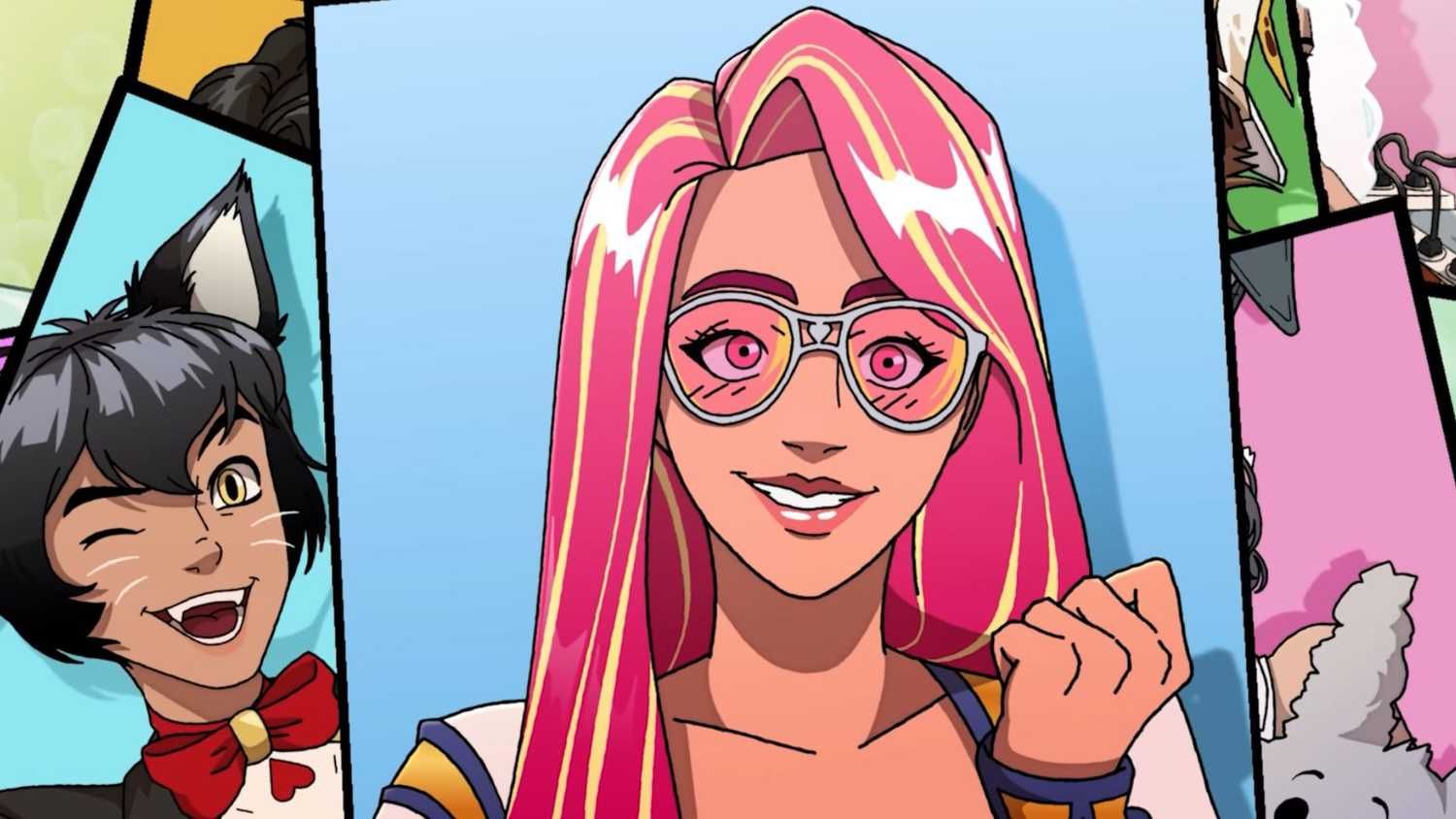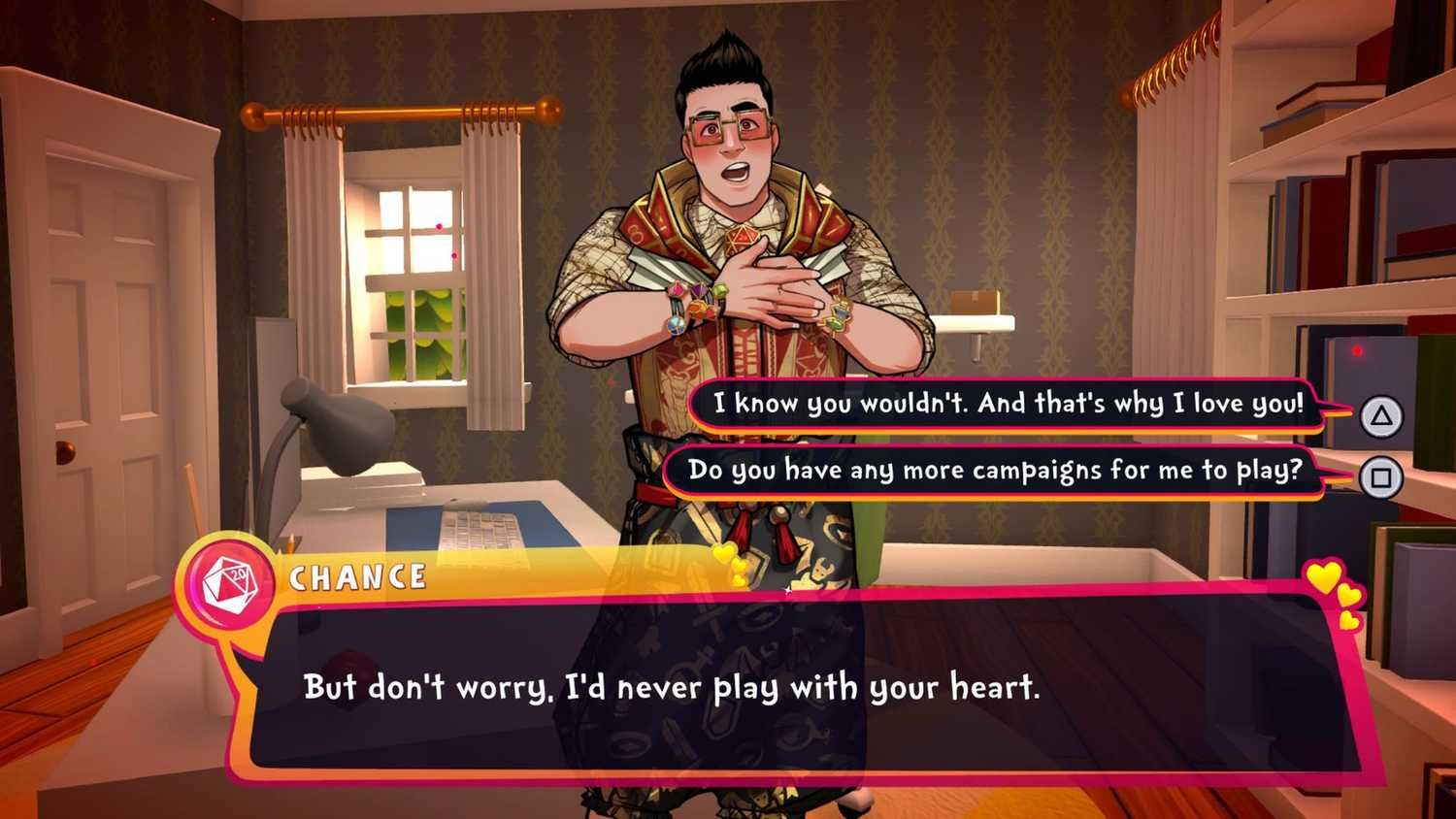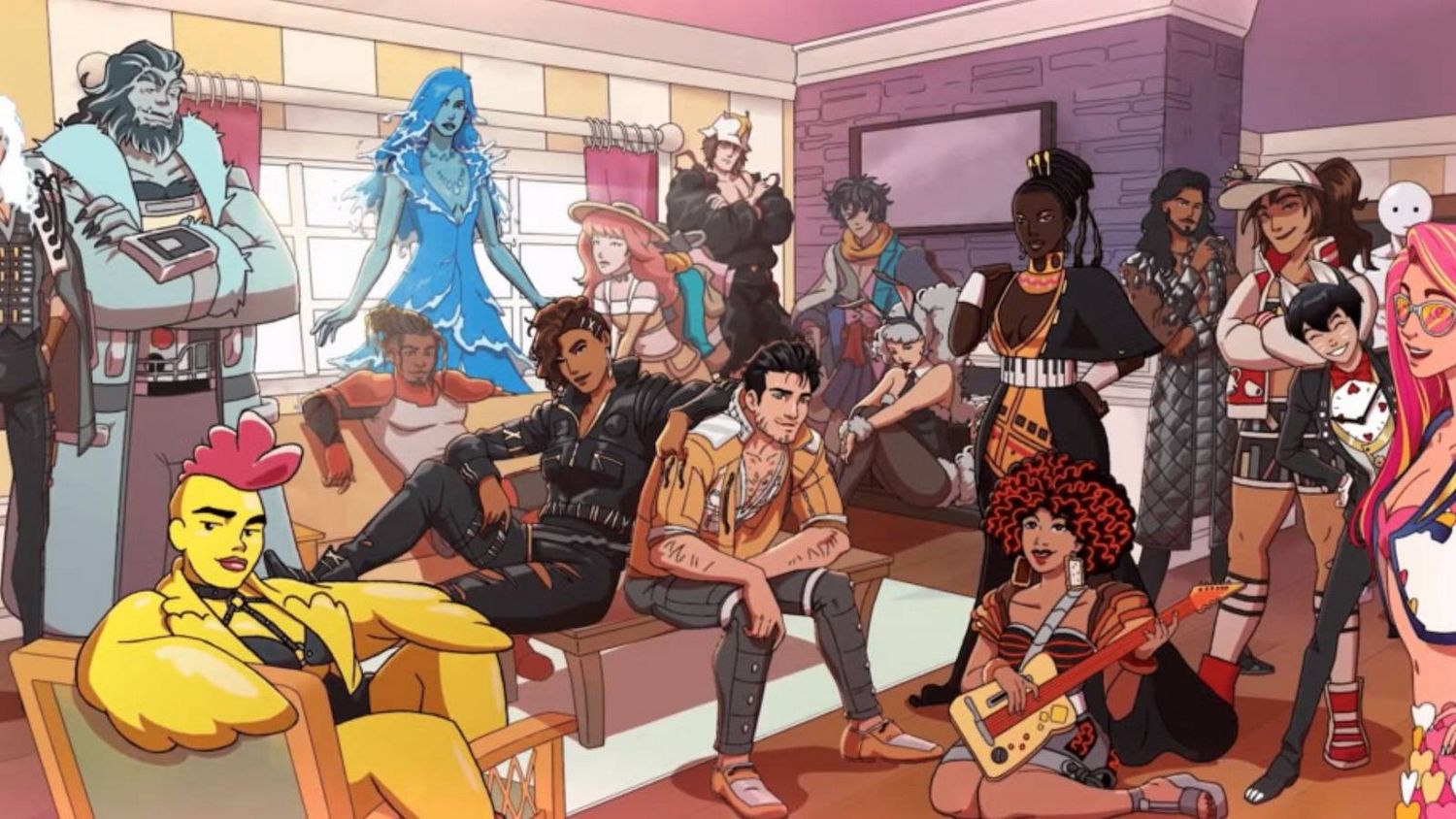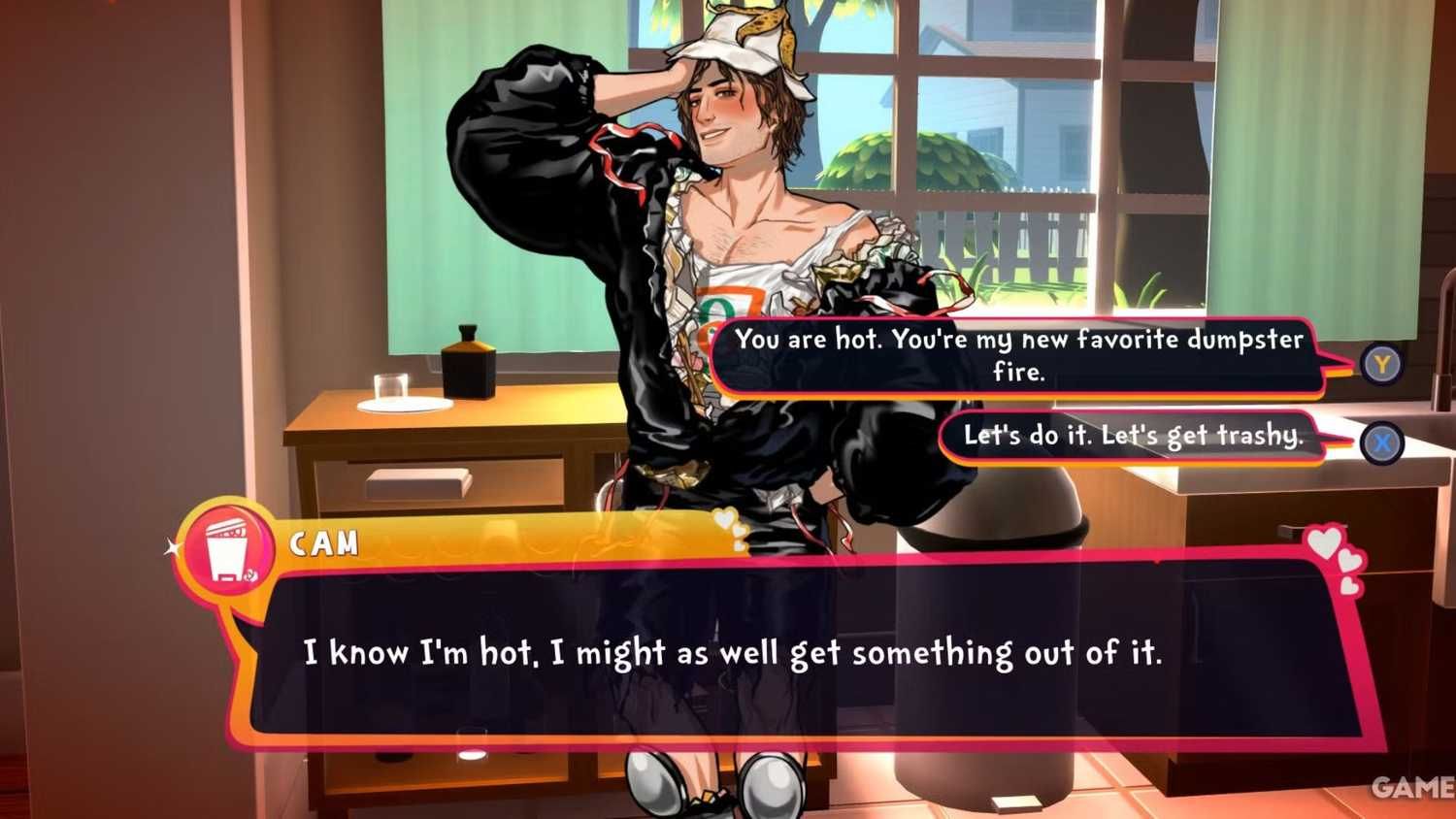Finding Love in Every Dialogue: The Rise of Poly-amorous Romance in Modern Gaming
Popular Now
 Poppy Playtime
Poppy Playtime
 PUBG Mobile
PUBG Mobile
 Genshin Impact
Genshin Impact
 Stumble Guys
Stumble Guys
 R.E.P.O
R.E.P.O
 BeamNG.drive
BeamNG.drive
 Grand Theft Auto V
Grand Theft Auto V
 God of War Ragnarök
God of War Ragnarök
 Brawl Stars
Brawl Stars
 CarX Street
CarX Street
 In the expansive and ever-evolving world of video games, character relationships have become a cornerstone of narrative design. For years, players were often restricted to a single, pre-determined romance option or a limited selection of partners. However, a significant shift has occurred, driven by both player demand and a more inclusive approach to storytelling. Today, a new generation of titles is breaking down these traditional barriers, offering players the freedom to engage in relationships with every romanceable character in the game. This trend towards polyamory and open relationship dynamics is not just a gimmick; it’s a reflection of a more mature, diverse, and player-centric approach to interactive storytelling.
In the expansive and ever-evolving world of video games, character relationships have become a cornerstone of narrative design. For years, players were often restricted to a single, pre-determined romance option or a limited selection of partners. However, a significant shift has occurred, driven by both player demand and a more inclusive approach to storytelling. Today, a new generation of titles is breaking down these traditional barriers, offering players the freedom to engage in relationships with every romanceable character in the game. This trend towards polyamory and open relationship dynamics is not just a gimmick; it’s a reflection of a more mature, diverse, and player-centric approach to interactive storytelling.
The concept of “dating everyone” isn’t exclusive to one genre. It’s a feature that has found a comfortable home across a wide spectrum of games, from massive AAA RPGs to charming indie life simulators. This article explores some of the most notable titles that have embraced this philosophy, delving into the reasons behind its growing popularity and the unique narrative opportunities it presents. From the sprawling fantasy worlds of high-budget RPGs to the quaint, pixelated towns of farming sims, the ability to love without limits is fundamentally changing how we connect with our favorite virtual worlds and the characters that inhabit them.
 Top-Tier RPGs: Love, War, and Polyamory
Top-Tier RPGs: Love, War, and Polyamory
The role-playing game genre, with its emphasis on player choice and narrative consequence, has become a hotbed for this kind of relationship freedom. These games often feature a large cast of companions, each with their own unique backstory, motivations, and romantic arcs. The ability to pursue multiple relationships without negative repercussions adds an incredible layer of replayability and personal investment for players. It’s no longer just about who you choose, but about the web of relationships you weave across your journey.
- Baldur’s Gate 3: While not every single companion is available for a polyamorous relationship, the game is a masterclass in romance systems. It features a few core companions who are open to a polycule, and the writing for these relationships is deeply nuanced and rewarding. Larian Studios’ commitment to organic, player-driven storytelling means that romance feels earned and deeply personal, and a polyamorous route is treated with the same respect and narrative weight as a monogamous one.
- Fallout 4: In this post-apocalyptic RPG, players are free to pursue relationships with multiple companions without fear of jealousy or a “breakup” scene. The game’s romance system is a core part of its companion dynamics, allowing you to develop deep bonds and earn powerful perks. The lack of romantic conflict between companions gives players the freedom to explore every romantic storyline without being forced to choose a single partner.
- Mass Effect Trilogy: While the earlier games in the series were more restrictive, the Mass Effect franchise has long been celebrated for its complex and memorable romance options. In recent entries and remasters, the series has leaned more into player freedom, with some characters being more open-minded about your romantic life. The ability to engage in multiple relationships across the trilogy adds a fascinating layer to Commander Shepard’s personal journey.
 Cozy Sims and Visual Novels: The Heart of the Matter
Cozy Sims and Visual Novels: The Heart of the Matter
The cozy gaming and visual novel genres are arguably where the “date everyone” mechanic first truly blossomed. These games often prioritize character relationships and emotional storytelling over combat or exploration, making them the perfect canvas for complex and non-monogamous relationships. In these titles, the focus is less on grand, world-saving quests and more on the intimate, day-to-day interactions that build a life.
- Stardew Valley: A foundational title in the modern cozy gaming movement, Stardew Valley is famous for its twelve romanceable characters. While the game’s core mechanic is about choosing one person to marry, players can date every eligible bachelor and bachelorette simultaneously. This culminates in a famous “group cutscene” where the player is confronted by all their partners—a hilarious and memorable moment that has become a rite of passage for many players.
- I Was a Teenage Exocolonist: This critically acclaimed narrative RPG is a shining example of polyamory done right. The game’s story unfolds over the course of a character’s life, and relationships form and evolve naturally. Players can pursue multiple romantic partners without judgment or negative consequences from their peers. The game’s polyamorous routes are beautifully written and feel like a natural extension of its themes of community and emotional growth.
- Rune Factory 5: As a hybrid of a farming sim and a JRPG, Rune Factory 5 allows players to pursue romantic relationships with every eligible villager, regardless of gender. The game’s flexible system is praised for its inclusivity and for giving players the freedom to explore their relationships with a large cast of memorable characters.
 Beyond the Mainstream: Indie Games and the New Frontier
Beyond the Mainstream: Indie Games and the New Frontier
The trend is not limited to mainstream blockbusters. Many smaller, independent titles are at the forefront of this movement, often exploring the nuances of polyamorous and non-monogamous relationships with a level of depth and authenticity rarely seen in larger games. Titles like Palia and Boyfriend Dungeon are excellent examples, offering innovative takes on how to integrate complex relationship dynamics into their core gameplay loops.
This evolving landscape of video game romance is a clear sign of the industry’s maturation. As developers continue to push the boundaries of storytelling, they are creating more authentic, relatable, and personal experiences for players. The ability to love and be loved by everyone in a virtual world is more than just a feature; it’s a testament to the power of games as a medium for exploring the full spectrum of human connection.










